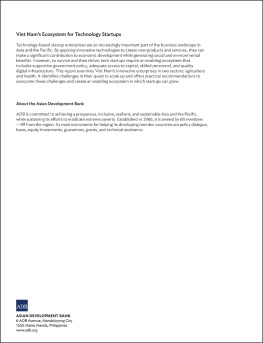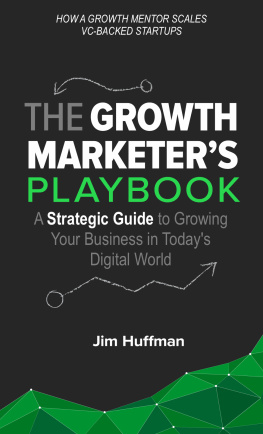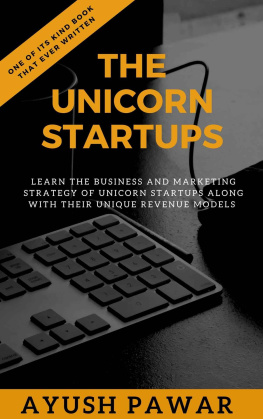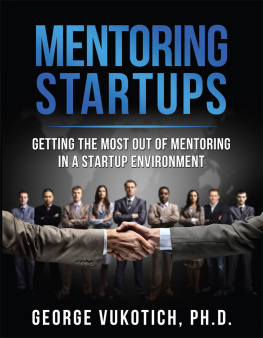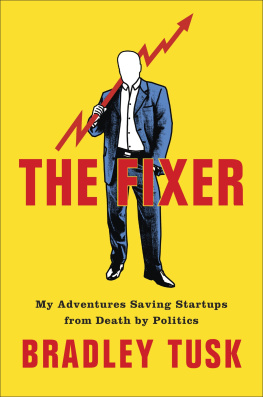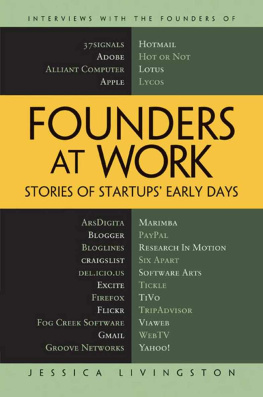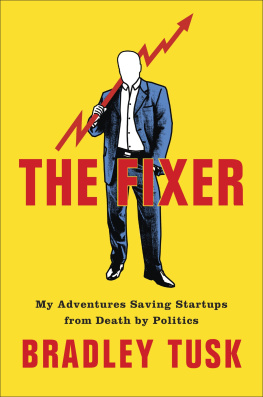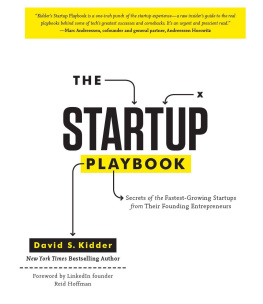Evan Burfield - Regulatory Hacking: A Playbook for Startups
Here you can read online Evan Burfield - Regulatory Hacking: A Playbook for Startups full text of the book (entire story) in english for free. Download pdf and epub, get meaning, cover and reviews about this ebook. year: 2018, publisher: Portfolio, genre: Politics. Description of the work, (preface) as well as reviews are available. Best literature library LitArk.com created for fans of good reading and offers a wide selection of genres:
Romance novel
Science fiction
Adventure
Detective
Science
History
Home and family
Prose
Art
Politics
Computer
Non-fiction
Religion
Business
Children
Humor
Choose a favorite category and find really read worthwhile books. Enjoy immersion in the world of imagination, feel the emotions of the characters or learn something new for yourself, make an fascinating discovery.

- Book:Regulatory Hacking: A Playbook for Startups
- Author:
- Publisher:Portfolio
- Genre:
- Year:2018
- Rating:5 / 5
- Favourites:Add to favourites
- Your mark:
Regulatory Hacking: A Playbook for Startups: summary, description and annotation
We offer to read an annotation, description, summary or preface (depends on what the author of the book "Regulatory Hacking: A Playbook for Startups" wrote himself). If you haven't found the necessary information about the book — write in the comments, we will try to find it.
As startups use technology to shape the way we live, work, and learn, theyre taking on challenges in sectors like healthcare, infrastructure, and education, where failure is far more consequential than a humorous chat with Siri or the wrong package on your doorstep. These startups inevitably have to face governments responsible for protecting citizens through regulation. Love it or hate it, were entering the next era of the digital revolution: the Regulatory Era.
The big winners in this era--in terms of both impact and financial return--will need skills they wont teach you in business school or most startup incubators: how to scale a business in an industry deeply intertwined with government.
Here, for the first time, is the playbook on how to win the regulatory era. Regulatory hacking doesnt mean cutting through red tape; its really about finding a creative, strategic approach to navigating complex markets.
Evan Burfield is the cofounder of 1776, a Washington, DC-based venture capital firm and incubator specializing in regulated industries. Burfield has coached startups on how to understand, adapt to, and influence government regulation. Now, in Regulatory Hacking, he draws on that expertise and real startup success stories to show you how to do the same. For instance, youll learn how...
*AirBnB rallied a grassroots movement to vote No on San Franciscos Prop F, which would have restricted its business in the city.
*HopSkipDrive overcame safety concerns about its kids ridesharing service by working with state government to build trust into its platform.
*23andMe survived the FDAs order to stop selling its genetic testing kits by building trusted relationships with scientists who could influence the federal regulatory community.
Through fascinating case studies and interviews with startup founders, Burfield shows you how to build a compelling narrative for your startup, use it to build a grassroots movement to impact regulation, and develop influence to overcome entrenched relationships between incumbents and governments. These are just some of the tools in the book that youll need to win the next frontier of innovation.
Evan Burfield: author's other books
Who wrote Regulatory Hacking: A Playbook for Startups? Find out the surname, the name of the author of the book and a list of all author's works by series.

